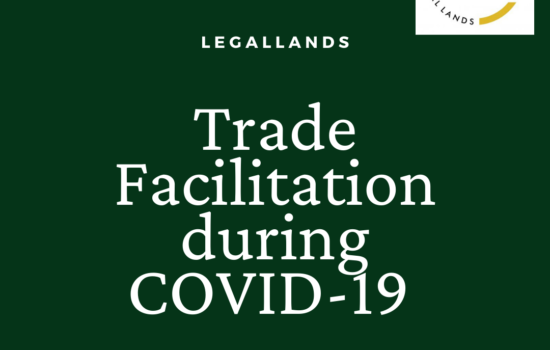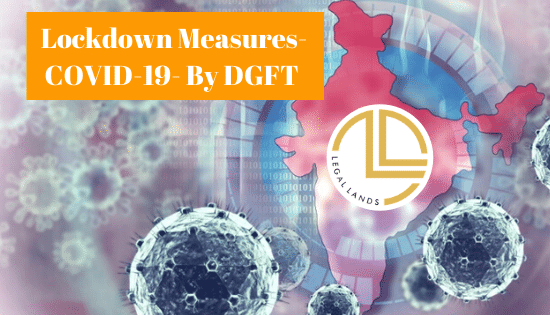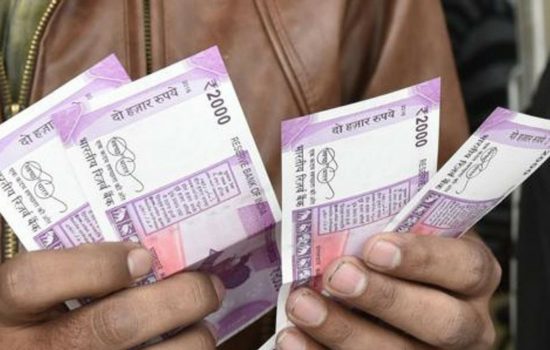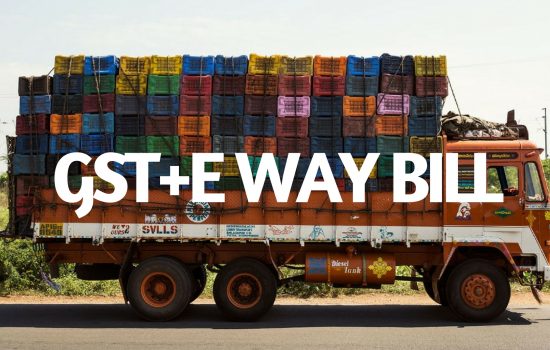BAIL EASED UNDER PMLA:- Prevention of Money Laundering Act, 2002 was introduced, to make money laundering an offence, and to attach property involved in money laundering. It was aimed to adequately deal with the serious threat to the financial system of India. Scheduled offences defined in PMLA comprise various offences, including some under Indian Penal Code (IPC), anti-drug law, Explosives Substances Act, Arms Act, Wildlife (Protection) Act, Immoral Traffic (Prevention) Act, Prevention of Corruption Act and Antiquities and Arts Treasures Act.
However Section 45(1) of the Act has always been in great contradiction. It lays down two conditions for getting bail. The first condition says that no bail can be given without giving the public prosecutor an opportunity to oppose the bail plea. The second condition stipulates that the bail can be given only when the concerned court is prima facie satisfied that the accused is not guilty of the offence alleged against him.
These twin conditions apply for an accused suspected of a predicate offence which attracts a punishment of over three years. These predicate offences include a range of crimes from 26 different laws from waging war against the Government of India to offences under the Narcotic Drugs and Psychotropic Substances Act, the Indian Penal Code to Wildlife Protection Act, Prevention of Corruption Act, child labour law, etc.
While bail is matter of right; these two conditions made grant of bail virtually impossible in money laundering cases and there lies a number of cases where bail was not granted only because they were unable to fulfill the twin conditions under Section 45(1) of the Act. Bail is granted to an accused as soon as reasonable grounds for the guilt cease to appear. However these two conditions double the level of impossibility to get a bail. The Section had been highly controversial as the concept of equality is affected. Bail conditions ought to be the same for all crimes and not specifically stringent for some. Primarily, bail is something which must be decided on the merits of a case.
The Hon’ble Supreme Court in its Judgment on petitions challenging the validity of Section 45 brought a great sigh of relief to all the bail seekers under PMLA. The controversial clause of the Act that put stringent conditions while granting bail to accused has been struck down as unconstitutional by the Court vide its judgment in the case of Nikesh Tarachand Shah Vs Union of India & Anr on November 23rd 2017. A Bench of Justices Rohinton Nariman and S.K. Kaul, in their judgment, passed a general direction to courts in the land to take up thousands of cases of under trials who have been languishing in prisons, unable to get bail, because they did not satisfy the twin conditions under Section 45(1) of the Act. Agreeing with petitioners arguments, the Bench held that the Section 45, in so far as it laid down the two unreasonable conditions, was bad in law and are arbitrary and against equality.
The said Section was finally held to be violative of Article 14, both in its discriminatory aspect and its “manifestly arbitrary” aspect.
Our Corporate Professional Team is ever willing to provide assistance on any issue concerning GST, Insolvency and Bankruptcy Law, Business Model Advisory in India and Abroad, Customs Law, Corporate & Commercial Advisory, IPRs. Secretarial Compliance, Agreement Drafting & Negotiations etc. you may write us on connect@lawyer.legallands.com,
Best Regards,
Corporate Professional Team

































